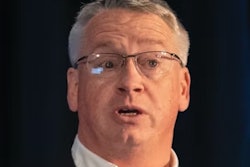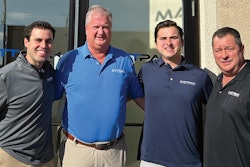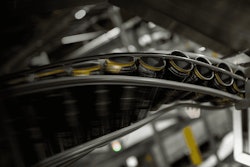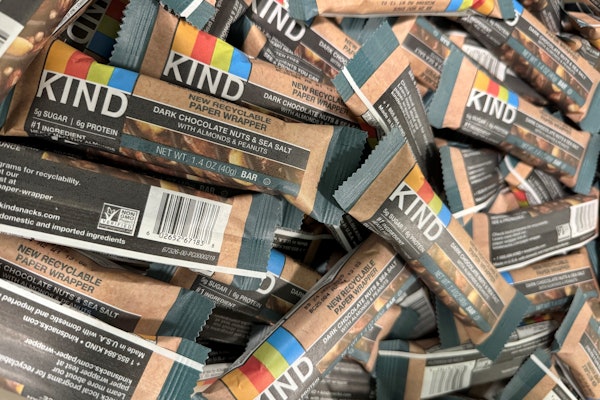When Scott Ford, former president and CEO of wireless data tech supplier Alltel Corp, sold that firm to Verizon in 2009 for $28 billion, he took some time to think about what his next move should be. As a charitable gesture, he also joined an economic advisory council serving Rwanda. When he realized that independent farmers in that central African nation were not getting nearly as much for their coffee as they should be, he knew what his next move had to be: build a private-label coffee business predicated on getting a fair wage to the small and independent coffee farmers of Rwanda.
The publicly traded business Ford launched in 2009 in his hometown of Little Rock, Ark., is Westrock Coffee. First came roasting and grinding, as Will Ford, son of Scott Ford and group president of operations at Westrock Coffee, explains. “The only way it made sense for us to become buyers of green coffee from small landholders in Rwanda was for us to have a roast and grind facility in a geographic location where we could adequately serve a range of private label customers by providing them with bulk coffee. Then in 2014 when the Keurig patents on single-serve coffee pods expired, we expanded into that format. In 2020 we bought S&D Coffee, one of the largest private-label manufacturers for quick-serve restaurants and convenience stores. But three weeks after the acquisition, covid shut down 80 percent of that foodservice customer base. Fortunately, S&D Coffee also had a small operation making coffee extract, a concentrated liquid coffee sold in drums and totes to food and beverage manufacturers who would use it as an ingredient in a finished food or beverage product. When covid caused demand in the foodservice sector to plummet, retail exploded. Suddenly demand for the food and beverage products in which our customers were using our liquid extracts also exploded. Before long those customers asked if, since we already were making the extract, we’d consider investing in finished goods packaging?”


























